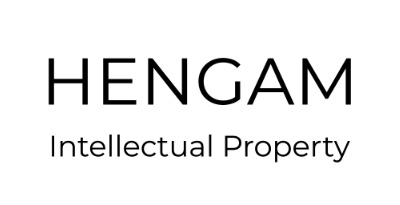
Typically, trademark registration is a prerequisite for enforceable rights in Iran, while trade names are subject to protection without registration. Unregistered trademarks enjoy protection, whereas the trademark is well-known in Iran.
According to Iranian law, a trademark is a visible sign that can differentiate the goods or services from others’. Accordingly, sound marks are not subject to protection.
Legal Framework
The principal law dealing with the trademark and trade name legal issues is the Patent, Design and Trademark Registration Act. Besides, Iran is also a member of :
- Paris Convention for Protection of Intellectual Property
- Nice Agreement Concerning the International Classification of Goods and Services for the Registration of Marks
- Madrid Agreement and Protocol Concerning the International Registration of Marks
Authorities
All trademark registrations must be filed with the Trademark Registration Office (TRO). Appeal Board of TRO may review the TRO’s decision, then the First Instance Court of Tehran, whereas the Court of Appeal would be the last resort. All domain names ending with .ir have to be registered with the Institute for Research in Fundamental Science.
Registration
To register a trademark, the applicant has to file a trademark application with the TRO. Foreign applicants must appoint a local lawyer.
The trademark examiner will check whether the application has a formal and substantial requirement. Once the examiner confirmed the eligibility and did not consider a ground for refusal, the Trademark Registration Office will issue the acceptance notification.
The trademark must be published in the Official Gazette, and any interested party has 30 days to oppose the application. After the opposition period ended, the trademark registration would be published for the second time in the Official Gazette.
The duration of protection initiates with the date of filing for ten years. Protection can be renewed upon payment of the renewal fees.
Litigation
There are courts in Tehran with qualified judges who deal with IP cases. The trademarks rights may be enforced through civil or criminal proceedings.
Intentional trademark infringements are punishable with imprisonment for up to 6 months or a fine. In criminal proceedings, infringing products may be secured by seizure.
Foreign parties may enjoy the rights expressed in the Paris Convention, such as protection against unfair competitions, in civil proceedings.
